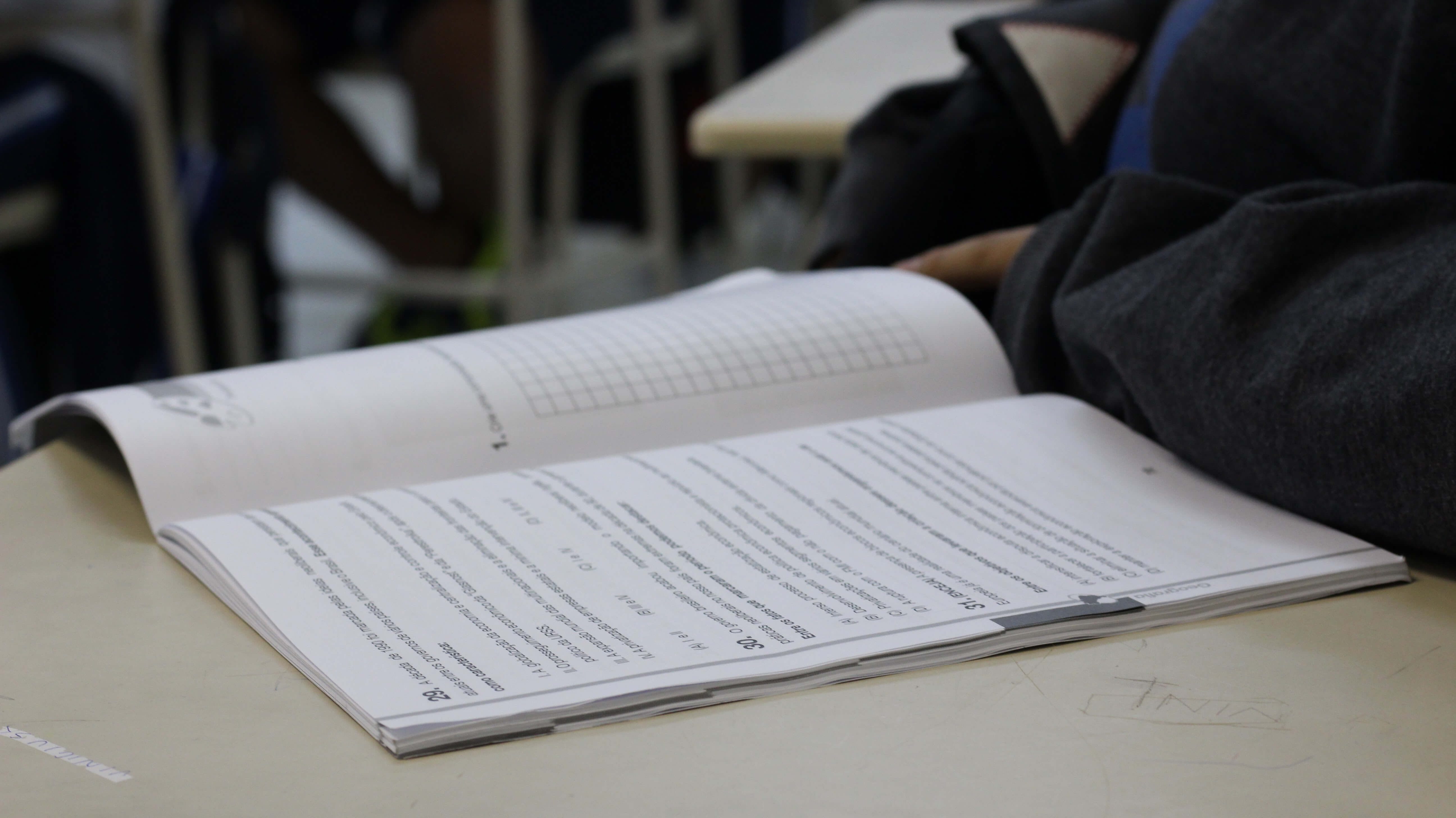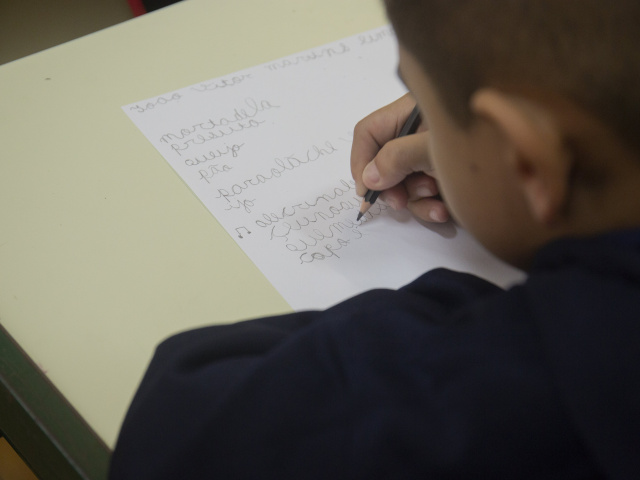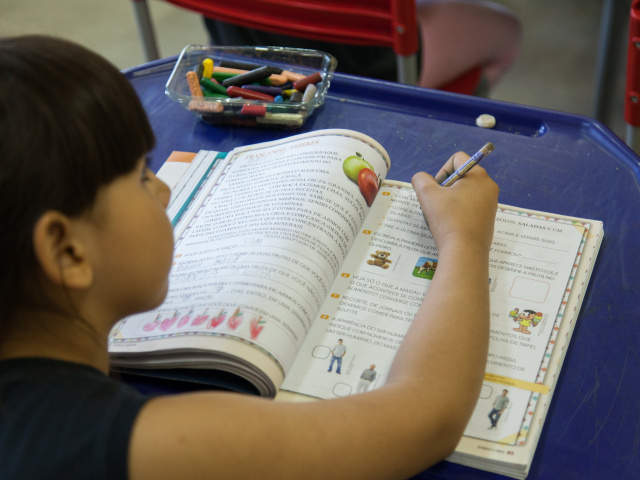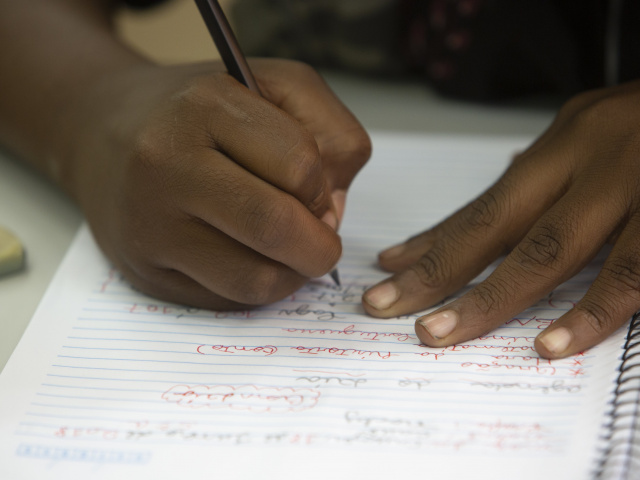An in-depth study by the OECD supported by the Lemann Foundation has made a set of recommendations for how Brazil's national assessment can better support major education reforms like the ground-breaking National Learning Standards (Base Nacional Comum Curricular, BNCC) that the Lemann Foundation led the charge in formulating.
The 50-page report by the Organisation for Economic Co-operation and Development (OECD), “National Assessment Reform: Core Considerations for Brazil,” can serve as an “especially relevant” model for many other developing nations that are also trying to evolve their system-monitoring assessments to do more to raise educational performance and reduce inequalities.
In Brazil, the OECD analyzed some of the proposed changes to the country’s longstanding Basic Education Assessment System (Sistema de Avaliação do Ensino Básico, SAEB). The exercise was designed to help inform the national debate on how national assessments can better balance their different monitoring, accountability, and formative functions.
The OECD recommended aligning the national assessment with Brazil’s new National Common Curricular Base (BNCC) which sets out the core competencies and knowledge that all students should acquire by the end of basic education. The new approach to education aims not only to ensure that all students achieve basic cognitive skills but also develop the higher-order skills needed to solve complex problems of everyday life.
“Having a valid and reliable national assessment that aligns with the BNCC’s competence-based approach can help Brazil monitor the implementation of its curriculum reform,” the report said. “Brazil has already started using the BNCC as the reference framework for new assessments in the SAEB system; however, there is a need to do this for all relevant subjects and levels of schooling measured by the national assessment.”
“This highly analytical and painstakingly researched OECD report is a huge vote of confidence for the learning standards Brazil worked so hard to develop,” said Lemann Foundation director Daniel De Bonis. “It provides valuable technical advice for a clear path forward on how the national assessments and the new curriculum can work together hand-in-hand to promote high-quality teaching and learning.”
The report also recommended using the national assessment results to improve teaching and learning. “SAEB results can serve as a benchmark for classroom assessments and the test items can provide a means to familiarise teachers with new approaches to assessment,” the OECD said. “Brazil will also need to tailor the results to different audiences so stakeholders can interpret student performance and understand the implications for their work.”
Another critical point the report made was expanding the SAEB results to take into account important contextual factors in its calculation. “As Brazil considers potential reforms to SAEB, it will need to address how national assessment data feeds into the quality index in a way that provides a more comprehensive understanding of the country’s diverse educational contexts,” the report said. “Doing so will be crucial as the government plans to use SAEB (through the index) as one of the metrics to help make funding allocations more equitable across school networks.”
The report for the foundation was laid when the OECD was invited to review a set of policy proposals for reforming the SAEB. This review was based on background research and a series of virtual fact-finding interviews with key Brazilian stakeholders that took place in September and October 2020. This review draws on an OECD knowledge base that has been developed through reviews of evaluation and assessment policies in over 25 education systems.




